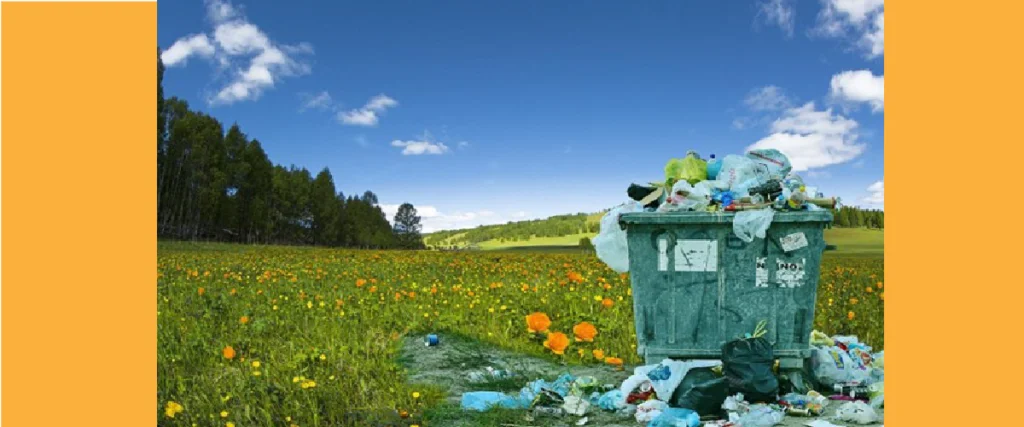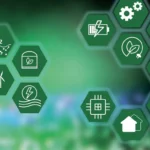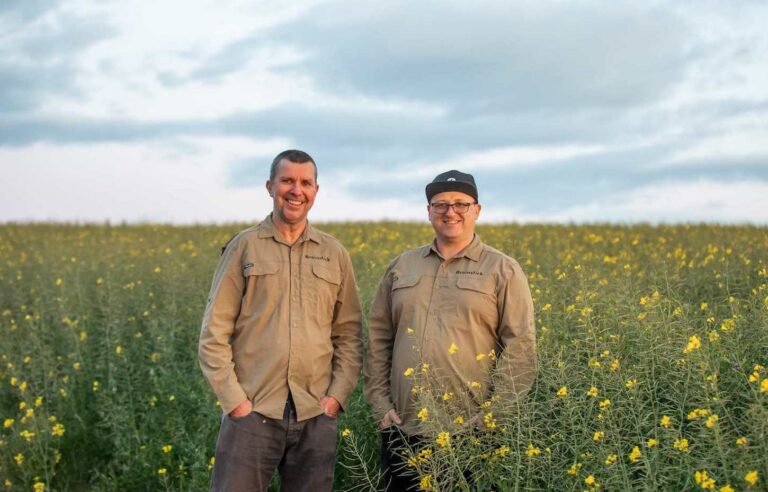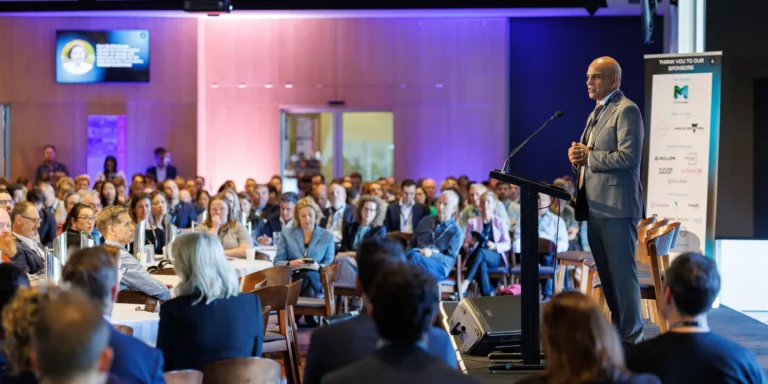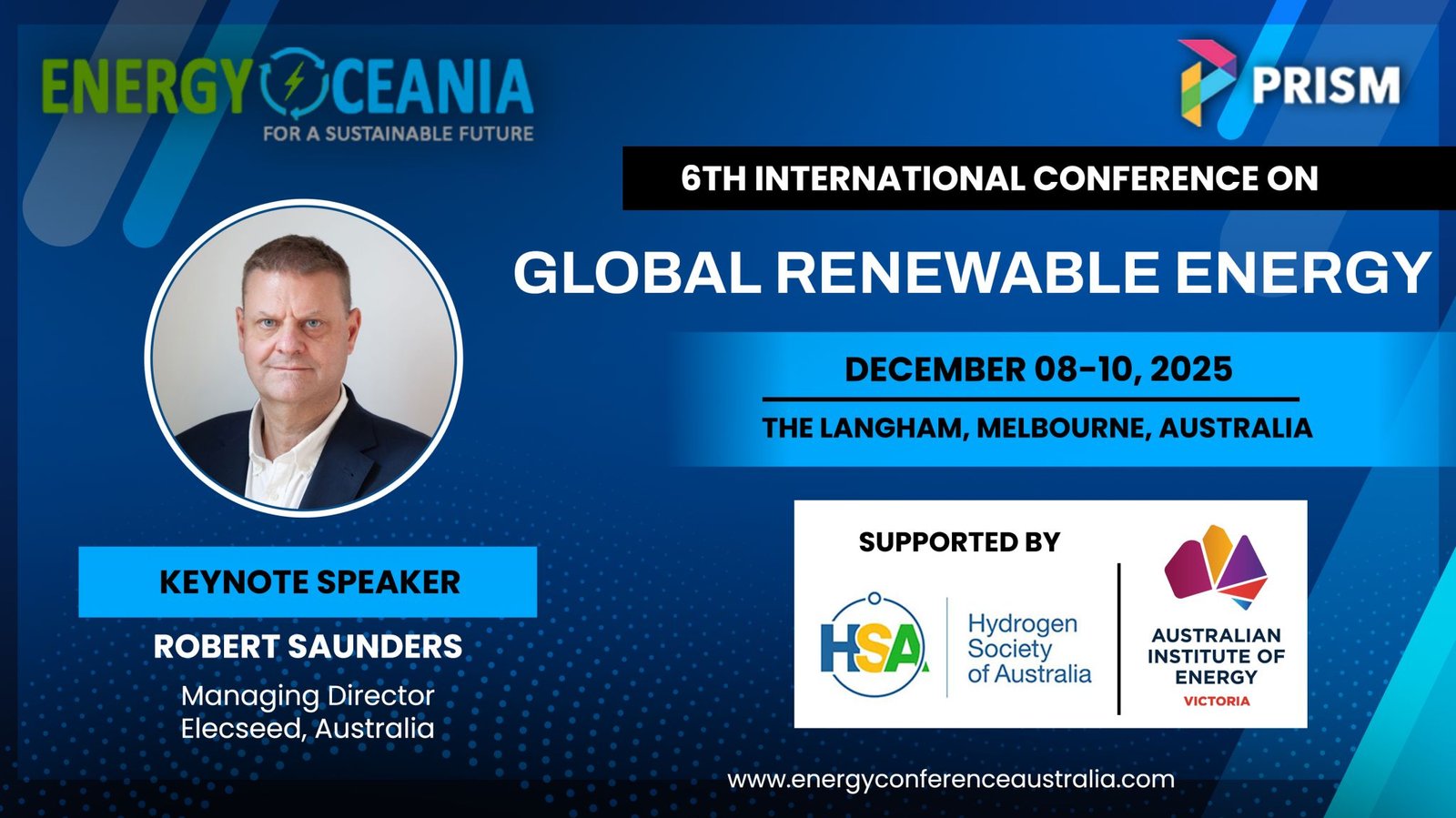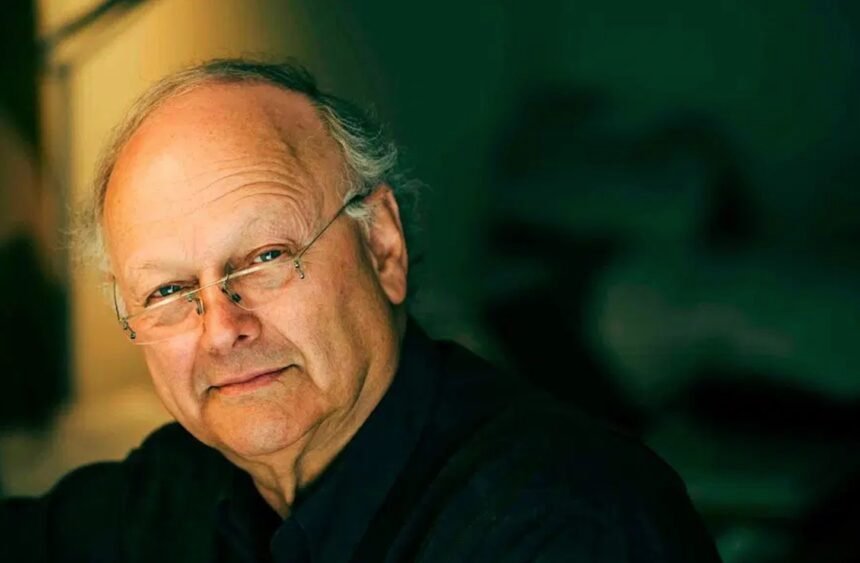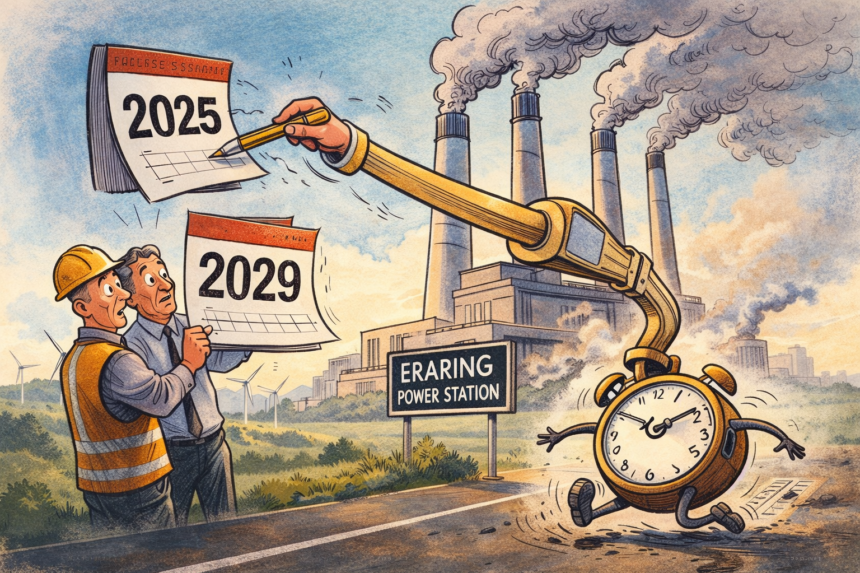Image by Pete Linforth from Pixabay
Dr. Olamide Shittu – Circular Economy Research Fellow at the Centre for Urban Transitions, Swinburne University of Technology, Australia
Kate Arnautovic – PhD Candidate Circular Economy Research University of Western Australia, Australia
Plastic waste is a major environmental challenge worldwide, and Australia is no exception. The China Sword policy intensified Australia’s struggle and exposed the fragility of its local markets for recovered plastics. Only 11.5% of the 3.5 million tonnes of plastic waste generated annually is recovered, while the rest pollutes landfills, oceans, and waterways.
Australia has embarked on a journey towards a circular economy, a system with immense potential for reducing plastic use, eliminating plastic waste, boosting recycling, and championing reusables and biodegradable alternatives. This shift in our approach to plastic waste management is a necessity and a beacon of hope for a cleaner, greener future. It has been estimated that transitioning to a circular economy could boost the Australian economy by nearly AU$ 2 trillion, presenting significant economic opportunities and environmental benefits.
But here’s the catch—a single stakeholder cannot achieve a circular economy. Instead, it needs a collective effort from all players across the plastic value chain, including producers, consumers, recyclers, policymakers, and not-for-profit organisations. Because the circular economy requires system-wide change, it demands high levels of coordinated and sustained action from all stakeholders. It is therefore important to develop a deep understanding of these stakeholders and how they can effectively collaborate to tackle plastic pollution and implement circular solutions.
The good news is that multi-sectoral collaborations are recognised globally as crucial to the solution. The United Nations Environment Programme (UNEP) has initiated ongoing negotiations for a global plastic treaty involving all stakeholders. By harnessing their collective knowledge, networks, and resources, the treaty hopes to foster stakeholder commitment and coordination to develop effective strategies and solutions to address the plastic pollution crisis.
The REDCycle program was a lesson in achieving effective collaborations
Although the REDCycle program no longer exists, its legacy lives on. Launched in 2011, it was a groundbreaking initiative that set the stage for a more collaborative approach to plastic waste management in Australia. The program partnered with local supermarkets and recyclers to collect and recycle soft plastics among consumers. Community participation in the program was a massive success, recovering over 7500 tonnes of soft plastics in two years at its peak, which were then used to create products ranging from outdoor furniture to asphalt.
Despite successfully providing a collection service to everyday consumers, the REDCycle program faced many challenges. An inadequate market for the collected materials, a low level of commitment from recyclers, a lack of recycling infrastructure and supply chain disruptions with major partners created critical setbacks, leading to its eventual collapse in 2022.
Today, various multi-sectoral stakeholder collaboration programs have been developed to fill the void left by the REDCycle program. The Department of Climate Change, Energy, the Environment, and Water is leading a Soft Plastics Taskforce, partnering with Woolworths, Coles, and Aldi, to trial soft plastic collection in some selected supermarkets and develop recycling facilities for soft plastic treatment. Additionally, the Australian Food and Grocery Council is leading the National Plastics Recycling Scheme with support from the Australian government to bring brand owners, manufacturers, recyclers, and consumers together to recover and transform soft plastic waste into new, food-grade plastic packaging.
How can we improve multi-sectoral collaborations in Australia?
Creating a circular economy for plastic in Australia is a complex process, but it can be achieved through multi-sectoral stakeholder collaborations. It is essential to foster dialogue and cooperation across the plastic value chain. Producers and recyclers need to collaborate more often. Producers must design products that are easy to recycle while considering the environment, and recyclers must have the necessary infrastructure and technology to recycle them efficiently.
Policymakers also need to be involved. They must create an enabling policy environment that supports a circular economy for plastic. This includes regulations and incentives that encourage producers to design sustainable products and support the development of recycling infrastructure.
We also need greater education and awareness-raising among consumers to encourage them to make informed decisions about their consumption habits. Consumers need to understand the impact of plastic waste on the environment and the importance of reducing, reusing, and recycling.
Finally, multi-stakeholder partnerships have the potential to bring together government, business, and civil society to collaborate on a circular economy. The United Nations Sustainable Development Goals emphasise the value of multi-stakeholder engagement to reach our sustainability targets. These cross-sector partnerships offer an important platform for knowledge sharing, learning, and dialogue that is integral to advancing circular solutions.
The future of a circular economy for plastic
As Australia grapples with the aftermath of REDCycle, it’s clear that all stakeholders must come together to achieve a circular economy for plastic. Integrating lessons from the past, the implementation of circularity for plastics demands a more holistic approach that encompasses technology, policy and regulations, market drivers, and behaviour change. Only through a collaborative, systemic approach can we hope to turn the tide on plastic waste.
For more information please contact: Dr. Olemide Shittu – oshittu@swin.edu.au ; Kate Arnautovic – kate.arnautovic@research.uwa.edu.au

